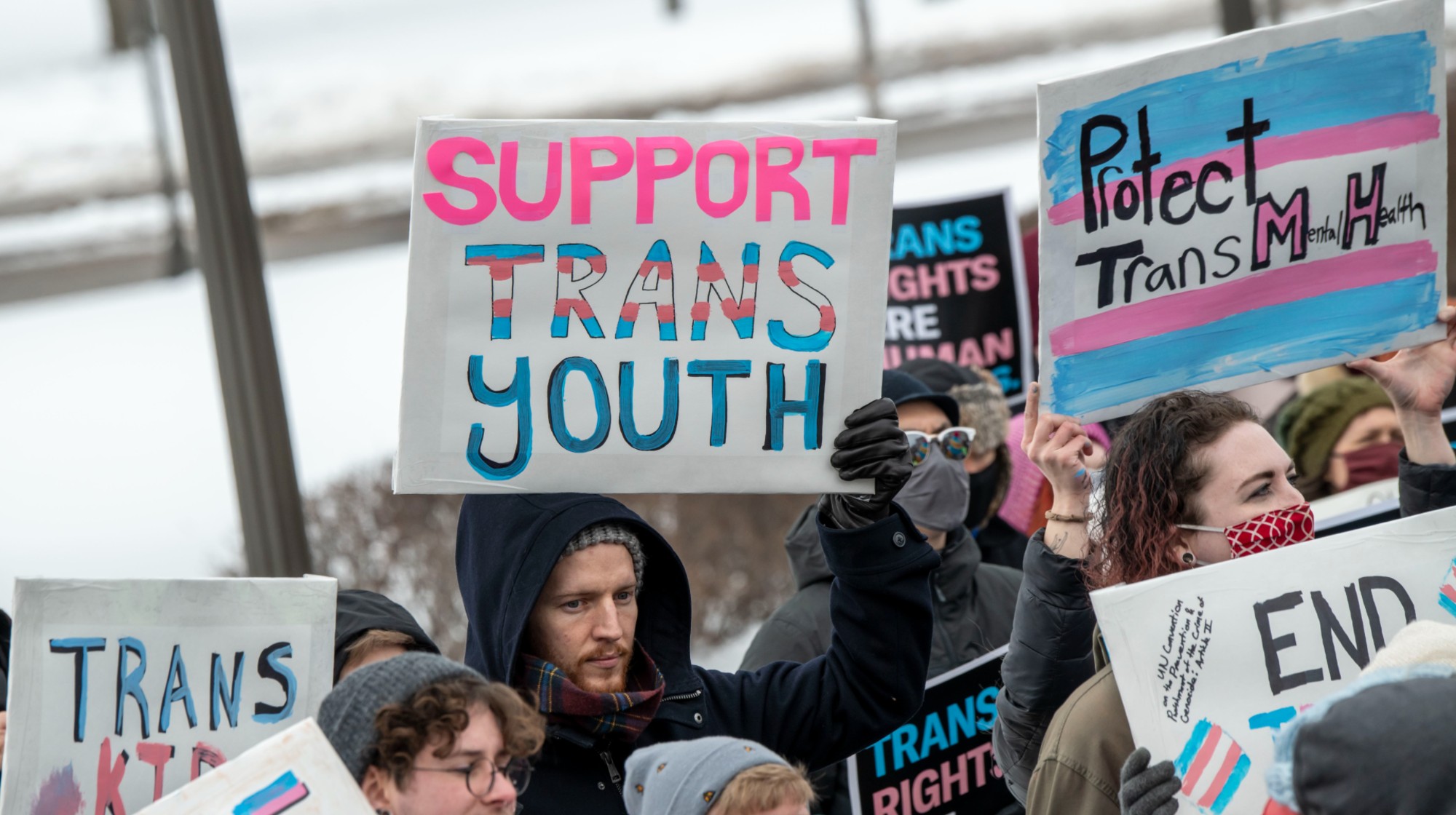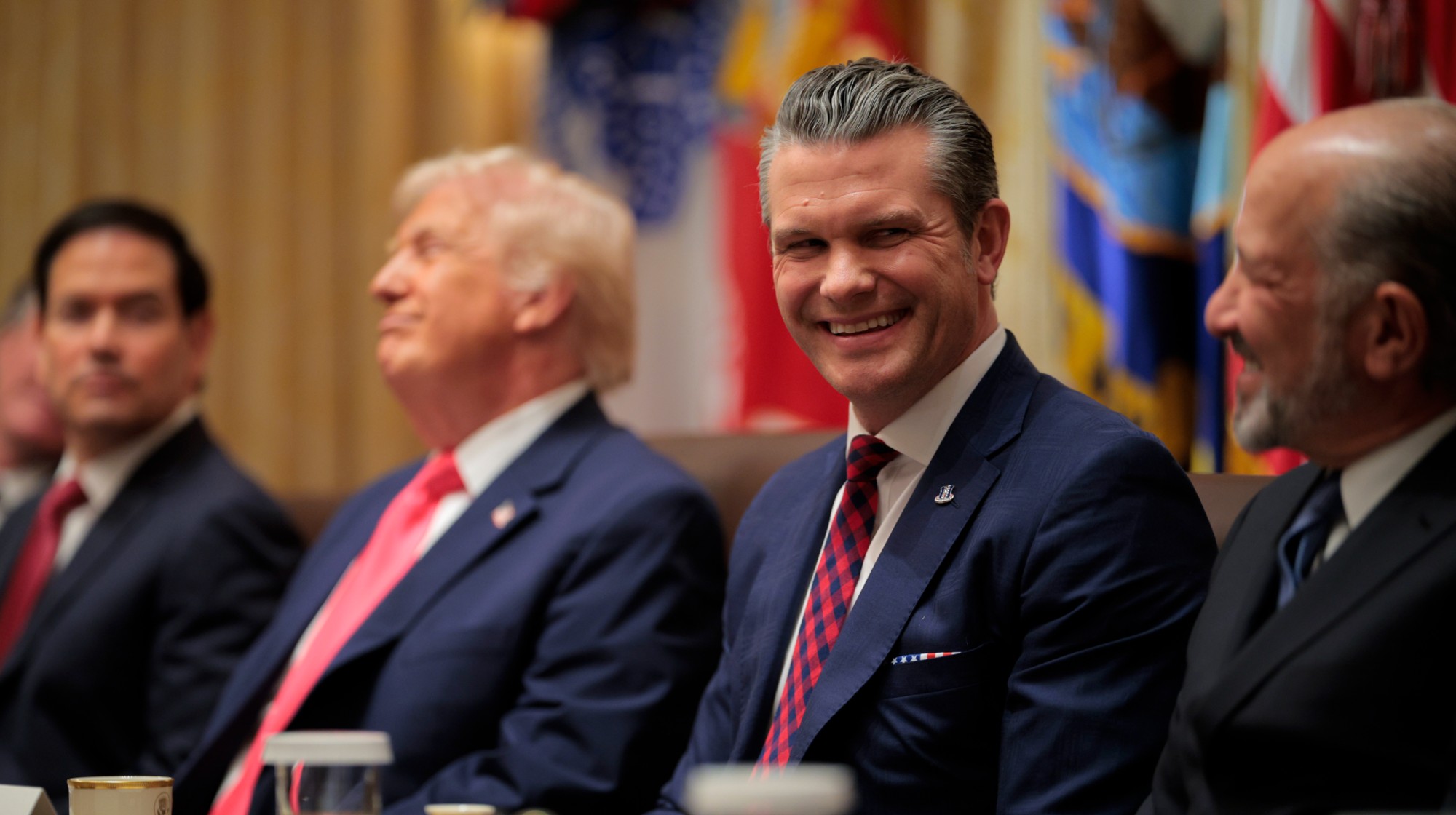Jeff Sessions defends 'zero tolerance' immigration policy as 'legitimate, moral, and decent'


Attorney General Jeff Sessions on Monday refused to back down from his claims that "zero tolerance" policies for illegal immigration are the best way to prevent crime and economic exploitation in the U.S., NBC News reports.
Speaking to immigration judges in Falls Church, Virginia, Sessions defended the Trump administration's hard-line approach as "perfectly legitimate, moral, and decent." The "zero tolerance" policy that he announced earlier this year was partially dismantled after major blowback to the administration's separation of migrant families. Many children are still being held separate from their parents even months after President Trump signed an executive order ending the practice, as adults were uniformly prosecuted for illegal entry.
Sessions said the "zero tolerance" approach was an appropriate way to create consequences for migrants seeking to exploit Obama-era "incentives." But while "a lot of those crossing our borders are leaving a difficult life," he said, "asylum was never meant to provide escape from all the problems people face every day around the world." The attorney general also alleged that migrants lie about fears they face in their home countries in order to remain in the U.S.
The Week
Escape your echo chamber. Get the facts behind the news, plus analysis from multiple perspectives.

Sign up for The Week's Free Newsletters
From our morning news briefing to a weekly Good News Newsletter, get the best of The Week delivered directly to your inbox.
From our morning news briefing to a weekly Good News Newsletter, get the best of The Week delivered directly to your inbox.
"No great and prosperous nation can have both a generous welfare system and great prosperity, and open borders," said Sessions. "Such a policy is radical, it's dangerous." Read more at NBC News.
A free daily email with the biggest news stories of the day – and the best features from TheWeek.com
Summer Meza has worked at The Week since 2018, serving as a staff writer, a news writer and currently the deputy editor. As a proud news generalist, she edits everything from political punditry and science news to personal finance advice and film reviews. Summer has previously written for Newsweek and the Seattle Post-Intelligencer, covering national politics, transportation and the cannabis industry.
-
 Why is Trump’s alleged strike on Venezuela shrouded in so much secrecy?
Why is Trump’s alleged strike on Venezuela shrouded in so much secrecy?TODAY'S BIG QUESTION Trump’s comments have raised more questions than answers about what his administration is doing in the Southern Hemisphere
-
 Vance’s ‘next move will reveal whether the conservative movement can move past Trump’
Vance’s ‘next move will reveal whether the conservative movement can move past Trump’Instant Opinion Opinion, comment and editorials of the day
-
 Why recognizing Somaliland is so risky for Israel
Why recognizing Somaliland is so risky for IsraelTHE EXPLAINER By wading into one of North Africa’s most fraught political schisms, the Netanyahu government risks further international isolation
-
 Bari Weiss’ ‘60 Minutes’ scandal is about more than one report
Bari Weiss’ ‘60 Minutes’ scandal is about more than one reportIN THE SPOTLIGHT By blocking an approved segment on a controversial prison holding US deportees in El Salvador, the editor-in-chief of CBS News has become the main story
-
 CBS pulls ‘60 Minutes’ report on Trump deportees
CBS pulls ‘60 Minutes’ report on Trump deporteesSpeed Read An investigation into the deportations of Venezuelan migrants to El Salvador’s notorious prison was scrapped
-
 Trump administration posts sliver of Epstein files
Trump administration posts sliver of Epstein filesSpeed Read Many of the Justice Department documents were heavily redacted, though new photos of both Donald Trump and Bill Clinton emerged
-
 Trump HHS moves to end care for trans youth
Trump HHS moves to end care for trans youthSpeed Read The administration is making sweeping proposals that would eliminate gender-affirming care for Americans under age 18
-
 Jack Smith tells House of ‘proof’ of Trump’s crimes
Jack Smith tells House of ‘proof’ of Trump’s crimesSpeed Read President Donald Trump ‘engaged in a criminal scheme to overturn the results of the 2020 presidential election,’ hoarded classified documents and ‘repeatedly tried to obstruct justice’
-
 House GOP revolt forces vote on ACA subsidies
House GOP revolt forces vote on ACA subsidiesSpeed Read The new health care bill would lower some costs but not extend expiring Affordable Care Act subsidies
-
 Hegseth rejects release of full boat strike footage
Hegseth rejects release of full boat strike footageSpeed Read There are calls to release video of the military killing two survivors of a Sept. 2 missile strike on an alleged drug trafficking boat
-
 Trump vows naval blockade of most Venezuelan oil
Trump vows naval blockade of most Venezuelan oilSpeed Read The announcement further escalates pressure on President Nicolás Maduro
